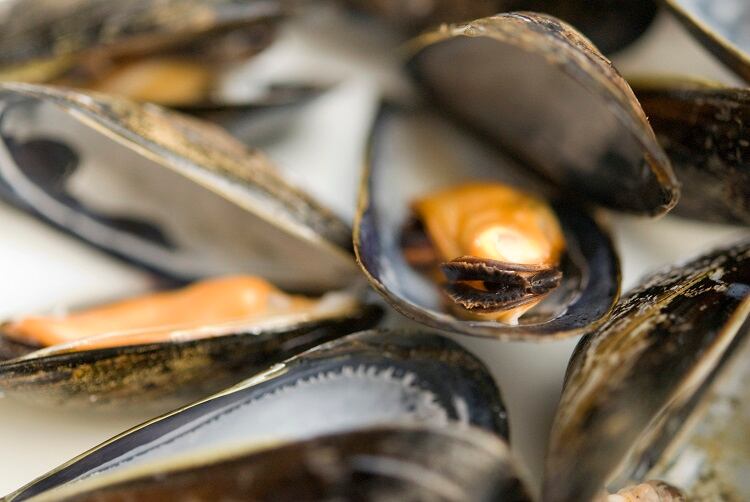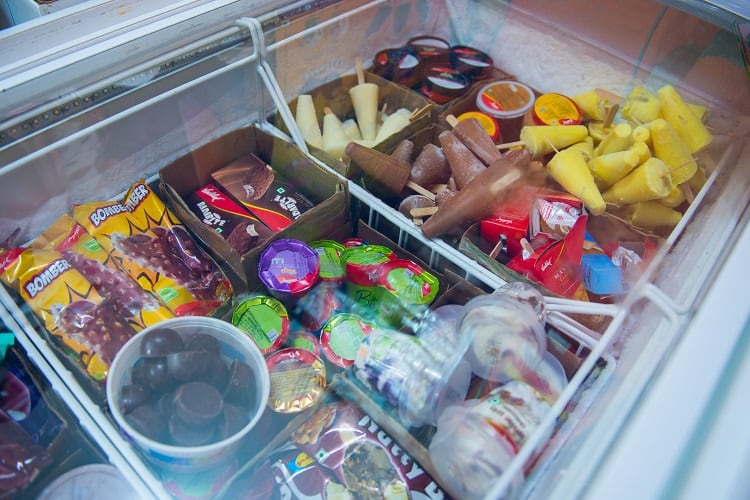The Birds Eye, Findus and iglo parent company has partnered with ‘innovation network’ Innoget to set up the portal, where academics, start-ups, industry experts and SMEs are invited to share their ideas.
The end goal is to support ‘more sustainable diets’, explained Nomad Foods, with solutions that could include increasing the use of mussel and bivalve proteins in everyday diets and sustainable packaging.
From recyclable packaging to ‘clean label’ methylcellulose
The Open Innovation Portal is designed to facilitate the development of new partnerships that will work to scale innovators’ ideas, from initial stages through to product development and eventually, commercialisation.
Activities will include co-developing production solutions, consumer testing, facility testing and funding or the building new ecosystems, focusing initially on four key areas.
These include the scalability of frozen mussels and other bivalve products; recyclability solutions for products that are currently in multi-material, non-recyclable vacuum packaging; solutions to enable recyclable paper-based meal trays or bowl packaging to be used for frozen foods; and ‘clean label’ replacements that replicate the functional properties of methylcellulose in food applications.
“Consumer demand for nutritious, high-quality, sustainable food and sustainable packaging solutions is growing and the role of technology in delivering these needs is accelerating,” said Nomad CEO Stéfan Descheemaeker.
“Our new Open Innovation Portal will help us to unlock the potential we see in important areas such as alternative protein as we play our part in helping to deliver a more sustainable food system…”
The launch of the new portal builds on the company’s work to expand the use of mussel meat and other bivalve proteins to everyday meal occasions within the next two to three years.
‘Innovation goes together with collaboration’
While the portal is ‘open’, Nomad reassured us that innovators’ ideas will be protected.
“We have a process in place to manage the intellectual property rights of the partnerships, which we know will be an important consideration for those eager to contribute ideas,” a Nomad Foods spokesperson told FoodNavigator.
“This includes NDAs, joint development agreements, a collaboration agreement or even a consortium with multiple partners if relevant.”
The company is backing on innovators being open to sharing their ideas.
“We believe that great innovation goes together with collaboration and the scale of the challenges facing the food industry today will require partnership if we are to meet evolving consumer needs and our ambitious environmental commitments,” said the spokesperson.
“We already partner with scientists and organisations of various sizes to drive forward new innovations, and we are looking forward to reviewing responses to the challenges we have put forward.”
Indeed, last year, the frozen food giant announced a partnership with cultivated seafood start-up BlueNalu to explore the introduction of cell-based seafood production to Europe.
Nomad is also collaborating with Map of Ag in the continued development of increasingly sustainable and optimised agricultural processes from satellite scanning of crops to maximising carbon capture in the pea production process.
The spokesperson continued: “The Open Innovation Portal is part of our plan to help meet rising demand and safeguard the long-term availability of quality, sustainable and affordable food, which consumers have come to recognise our brands for.
“We are committed to investing in partners who will help us to continue to develop these options for consumers.”





